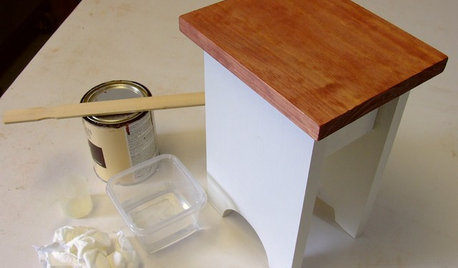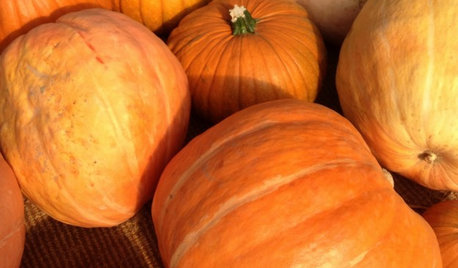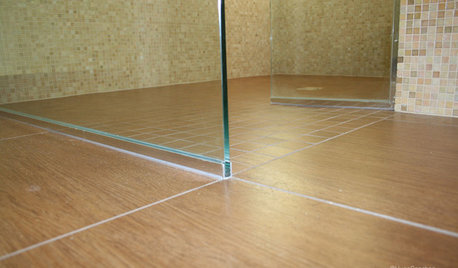Powdery mildew cures??
woohooman San Diego CA zone 10a
11 years ago
Featured Answer
Sort by:Oldest
Comments (13)
feijoas
11 years agoKimmsr
11 years agoRelated Professionals
Simpsonville Landscape Architects & Landscape Designers · Wilmington Landscape Contractors · Aloha Landscape Contractors · Bedford Landscape Contractors · Fort Payne Landscape Contractors · Kailua Landscape Contractors · Lemay Landscape Contractors · Pompano Beach Landscape Contractors · Quincy Landscape Contractors · Rosemount Landscape Contractors · San Bruno Landscape Contractors · Washington Landscape Contractors · Pittsburgh Decks, Patios & Outdoor Enclosures · Spanaway Decks, Patios & Outdoor Enclosures · Canyon Lake Stone, Pavers & Concretegardengal48 (PNW Z8/9)
11 years agowoohooman San Diego CA zone 10a
11 years agogardengal48 (PNW Z8/9)
11 years agogardengal48 (PNW Z8/9)
6 years agokimmq
6 years agospedigrees z4VT
6 years agogardengal48 (PNW Z8/9)
6 years agolast modified: 6 years agogardengal48 (PNW Z8/9)
6 years agoHU-16645799
2 years agolast modified: 2 years agoHU-16645799
2 years ago
Related Stories

GARDENING GUIDESGreat Design Plant: Rosa Banksiae a Low-Maintenance Beauty
This thornless, disease- and insect-resistant rose brings showers of white or yellow flowers to the spring garden
Full Story
FLOORSWill Cork Float for Your Bathroom Floor?
Get the facts on advantages, disadvantages, costs and installation to see if a cork bathroom floor is right for you
Full Story
GARDENING AND LANDSCAPING11 Ways to Make Your Sleeping Porch Even Better
Turn off that air conditioner and tune in to the delights of slumbering in the nighttime breeze
Full Story
DIY PROJECTSCool Tip: Mimic Stain With a DIY Color Wash
Get the look of an oil-based stain without all the bother, using this easy wash made with paint
Full Story
BATHROOM DESIGNWater Damage Spawns a Space-Saving Bathroom Remodel
A game of inches saved this small New York City bathroom from becoming too cramped and limited
Full Story
FLOORS5 Benefits to Concrete Floors for Everyday Living
Get low-maintenance home flooring that creates high impact and works with home styles from traditional to modern
Full Story
GARDENING GUIDESAfter-Summer Care for a Fabulous Fall Garden
Cleaning out stragglers and taking time to assess will keep your garden thriving all through autumn
Full Story
EDIBLE GARDENSSummer Crops: How to Grow Pumpkins
Start in spring to grow your own fall decorations and have plenty left for pies
Full Story
TILEEpoxy vs. Cement Grout — What's the Difference?
Grout is grout, right? Nope. Cement and epoxy versions have different appearances, durability and rules of installation
Full Story
FLOORSKnow Your Flooring: Concrete
Concrete floors have a raw and elegant beauty that can be surprisingly warm
Full Story





theparsley